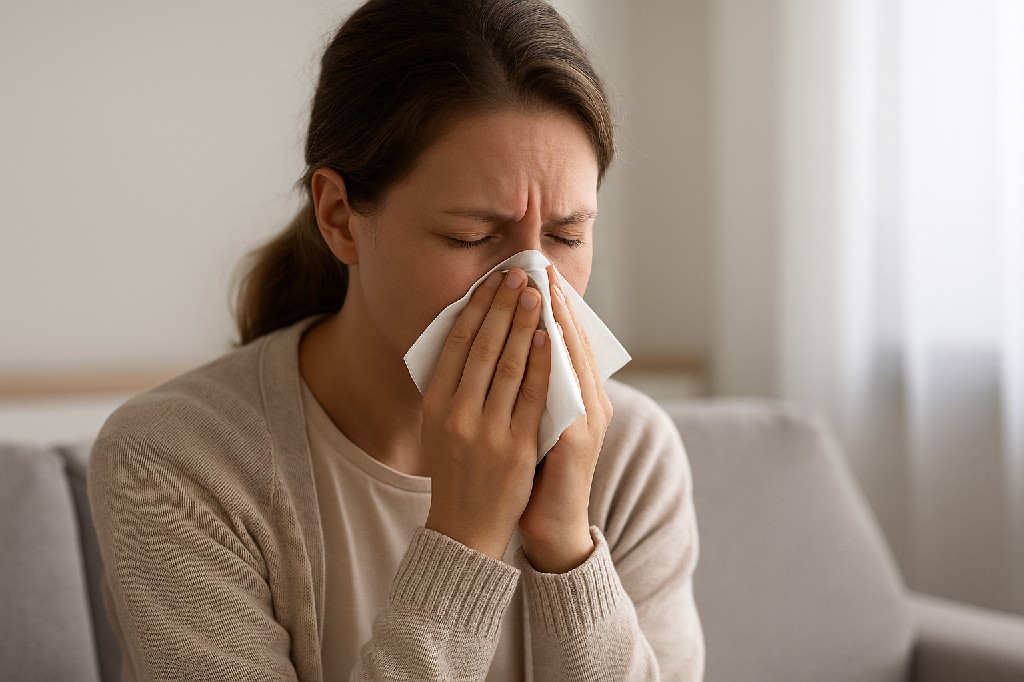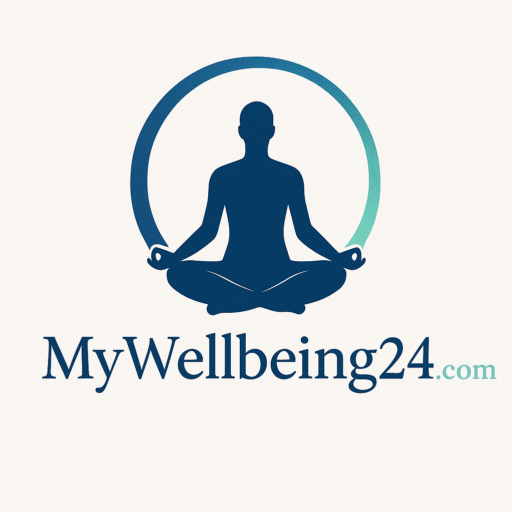Cold vs Allergy Symptoms: Key Differences
If you’ve ever found yourself wondering whether you’re dealing with a cold or an allergy, you’re certainly not alone. Cold vs allergy symptoms can look remarkably similar at first glance, which often makes it hard to know how to treat them. However, there are clear differences that can help you identify what’s really going on, and act accordingly.
Understanding these differences is essential, especially when symptoms persist or affect your daily life. This comprehensive guide breaks down everything you need to know so you can take control of your health with confidence.

What Are Cold vs Allergy Symptoms?
While both conditions affect the respiratory system, cold vs allergy symptoms stem from very different causes. Colds are caused by viruses such as rhinoviruses and are contagious. In contrast, allergies are immune system responses triggered by exposure to substances like pollen, mold, dust, or pet dander.
Importantly, allergies are not contagious, while colds can spread through airborne droplets or contact with contaminated surfaces. So, if someone in your household has similar symptoms and you’ve been in close contact, a cold may be the culprit.
Moreover, the timing and progression of symptoms vary greatly. That’s why understanding the root cause is key to effective treatment.
Key Signs of Cold vs Allergy Symptoms
To better identify what you’re experiencing, comparing cold vs allergy symptoms side-by-side is helpful. Here are the main indicators that can guide your assessment.
Duration of Symptoms
One major difference lies in how long the symptoms last. A typical cold runs its course in 3 to 14 days. Allergy symptoms, however, may persist for weeks or even months, especially if the allergen remains present in your environment.
Consequently, if your symptoms have been dragging on for several weeks without much change, it’s more likely allergies than a viral infection.
Fever and Aches
Another telltale sign is whether you’re running a fever or feeling achy. Colds often cause low-grade fevers, fatigue, and even body aches. Allergies rarely result in these symptoms.
So, if you’re feeling run down or slightly feverish, it’s probably a cold. On the other hand, if you’re still energetic but sneezing non-stop, allergies could be the cause.
Common Triggers and Symptom Onset
Another way to tell the difference between cold vs allergy symptoms is by analyzing the timing and triggers.
Allergy Triggers
Allergic reactions are commonly triggered by:
-
Pollen (especially in spring and fall)
-
Pet dander
-
Dust mites
-
Mold spores
The onset of allergy symptoms is usually immediate. You might notice sneezing, a runny nose, or itchy eyes shortly after coming into contact with an allergen.
Cold Triggers
Colds begin with exposure to a virus. After contact, symptoms typically take a day or two to develop. This incubation period is a good clue: if your symptoms appeared gradually, a cold is more likely.
Nasal Discharge and Sneezing Differences
Although both conditions cause a runny nose, the type and color of mucus can offer additional clues about cold vs allergy symptoms.
Nasal Discharge
When you have a cold, mucus is often thick and can turn yellow or green. With allergies, it remains clear and watery. This distinction is subtle but useful when identifying the cause.
Sneezing Frequency
Frequent, rapid-fire sneezing is usually a sign of allergies, especially after exposure to allergens like pollen or dust. Sneezing due to a cold tends to be more spaced out and may be accompanied by other symptoms like fatigue or a sore throat.
Eye and Throat Involvement
You can also distinguish cold vs allergy symptoms by observing changes in your eyes and throat.
Eye Irritation
Itchy, red, or watery eyes are hallmarks of allergic reactions. Colds can cause mild tearing but rarely lead to itchy eyes. So, if your eyes are bothering you significantly, allergies are the more likely cause.
Throat Discomfort
Colds often bring a scratchy or sore throat that may worsen with swallowing. Allergies can cause postnasal drip, leading to throat irritation, but not actual pain. Therefore, if you feel genuine throat discomfort, you’re probably fighting a cold.
Treatment Options for Each Condition
Recognizing the condition is only the first step. Choosing the right treatment based on cold vs allergy symptoms can make a big difference in your recovery.
How to Treat a Cold
Colds are caused by viruses and generally resolve on their own. Common treatments include:
-
Getting plenty of rest
-
Drinking fluids
-
Using over-the-counter medications like decongestants or acetaminophen
-
Gargling with saltwater for sore throats
There is no cure for the cold virus itself, but you can manage symptoms effectively while your body heals.
How to Treat Allergies
Treating allergies involves both prevention and symptom control. Effective strategies include:
-
Taking antihistamines (like loratadine or cetirizine)
-
Using nasal sprays
-
Avoiding exposure to known allergens
-
Installing air purifiers in your home
In more serious cases, allergy shots (immunotherapy) may provide long-term relief.
When to Consult a Doctor
In some cases, determining the difference between cold vs allergy symptoms on your own may not be enough. That’s when it’s time to seek medical advice.
When a Cold Needs Medical Attention
Contact a healthcare provider if you:
-
Have a high fever lasting more than three days
-
Experience chest pain or trouble breathing
-
Notice symptoms that worsen instead of improving
These could indicate complications like a bacterial infection or even pneumonia.
When Allergies Warrant Professional Help
You should consider seeing an allergist if:
-
Symptoms persist longer than four weeks
-
Over-the-counter treatments aren’t helping
-
You develop asthma-like symptoms such as wheezing
Getting a proper diagnosis through allergy testing can open the door to more targeted treatment options.
Preventing Cold vs Allergy Symptoms
Prevention is always better than cure. Fortunately, there are proactive steps you can take for both colds and allergies.
Cold Prevention Tips
-
Wash your hands frequently
-
Avoid touching your face, especially your nose and eyes
-
Steer clear of people who are visibly sick
-
Eat a balanced diet to support your immune system
Even small habits can significantly reduce your risk.
Allergy Prevention Tips
-
Keep windows closed during high pollen seasons
-
Wash bedding weekly in hot water
-
Use HEPA filters in your home
-
Shower and change clothes after being outdoors
Consistency with these habits can help minimize your symptoms over time.
Cold vs Allergy Symptoms: Final Thoughts
Understanding the difference between cold vs allergy symptoms can save you from unnecessary discomfort and help you choose the right remedies. While both can be frustrating, they require different treatments and timelines for recovery.
Next time you’re feeling under the weather, take a closer look at the specifics, such as the color of your mucus, how quickly symptoms began, and whether your eyes are itchy. These clues can steer you in the right direction and get you back to feeling like yourself sooner.
